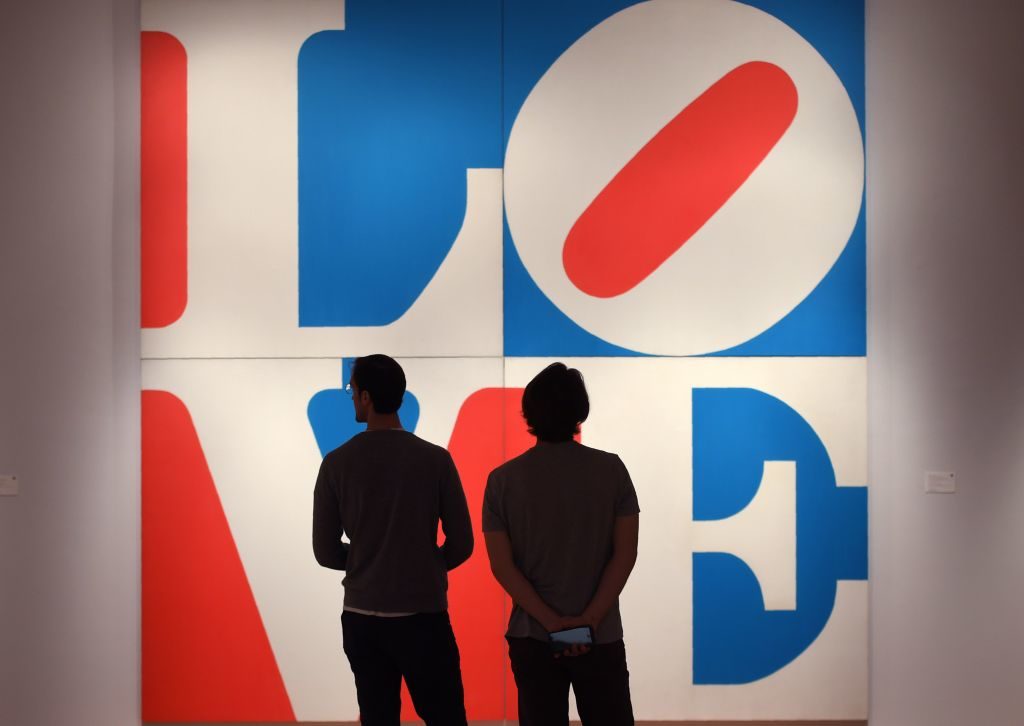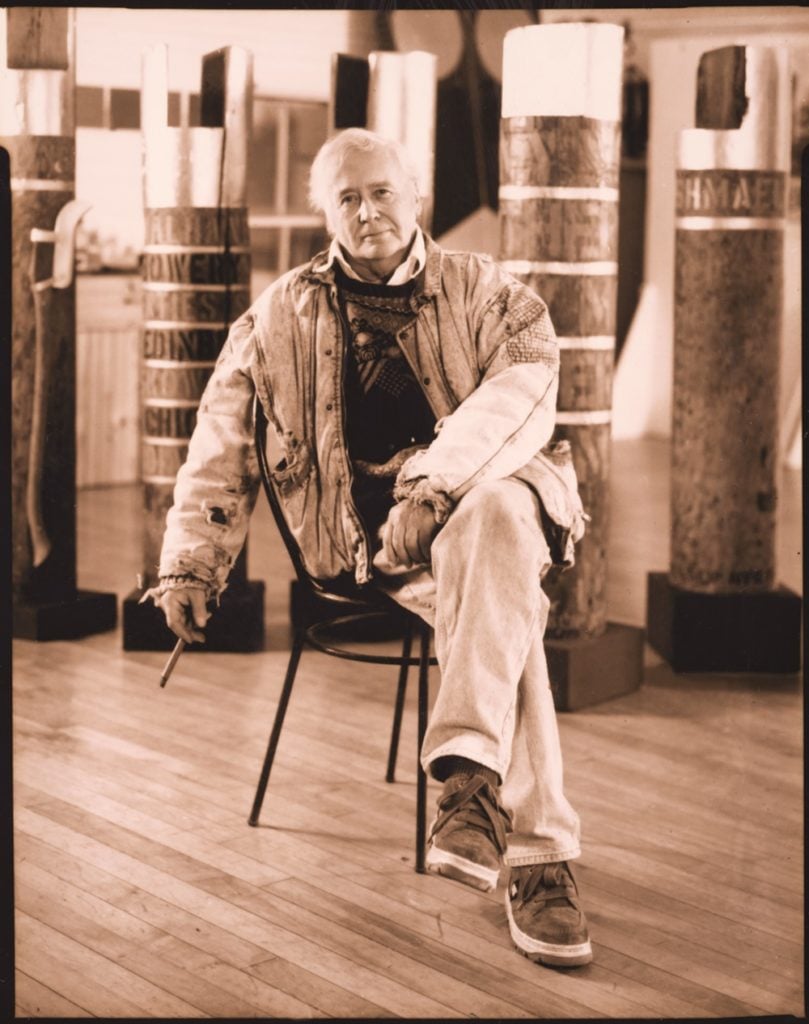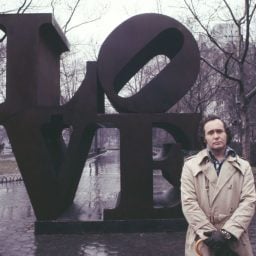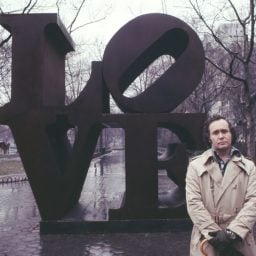One chapter in the knotty, seemingly interminable legal saga over Robert Indiana’s estate has reached its conclusion.
In April 2021, Aaron Frey, the attorney general of Maine, where Indiana died in 2018, accused the executor of the artist’s estate of overpaying himself and other legal representatives by some $3.7 million. Frey ordered that the money be paid back to the estate so that Indiana’s dream of turning his Vinalhaven, Maine home into a museum and education center could be fulfilled.
Now, the two warring parties have reached a settlement.
This week, Frey announced that all claims against the estate executor, lawyer James Brannan, and four law firms hired by Brannan, have been resolved. The agreement totals over $2 million, Frey explained, the majority of which has been paid back to the estate by the law firms in refunds and credits.
“Every dollar going unnecessarily to pay lawyers and the personal representative was another dollar unavailable to the charity to fulfill its mission and Robert Indiana’s vision,” the attorney general said in his announcement.
“I disagree with the attorney general’s allegations, but I’m pleased to put an end to the dispute,” Brannan said in a statement to Artnet News. He said he would remain a personal representative of the estate in order to “fulfill my promise to Robert Indiana.”

Robert Indiana’s The Great American Love (Love Wall). Photo: Timothy A. Clary/AFP/Getty Images.
A major figure in the Pop art movement, Indiana was undoubtedly best known for his “Love” works, which were widely reproduced. In contrast to the ubiquity of that particular design, Indiana preferred reclusiveness, living quietly on an island off the coast of Maine for the last four decades of his life.
Just one day before Indiana’s death in 2018, the longtime representative and holder of his copyrights, the Morgan Art Foundation (which is not a nonprofit) filed a lawsuit against the artist; his caretaker, Jamie Thomas; and New York-based publisher Michael McKenzie, alleging that the latter two had conspired to isolate Indiana from his family and friends and sell forged artworks in his name.
Last March the Morgan reached an out-of-court settlement with Indiana’s estate, effectively resolving all claims in the case, which included allegations of defamation, breach of contract, copyright infringement, and violation of the Visual Artists Rights Act.
The terms of the agreement were not disclosed, but in June, the foundation and the artist’s estate chose to form a partnership and jointly promote the artist’s work.
Now, just one more legal war looms over Indiana’s legacy.
In December, the Morgan Art Foundation filed a new motion against McKenzie, alleging, once again, that the publisher forged Indiana’s artwork and defamed the foundation.
Once that remaining case has been resolved, Brannan said he “will file a final accounting and inventory with the probate court to close the estate.”









